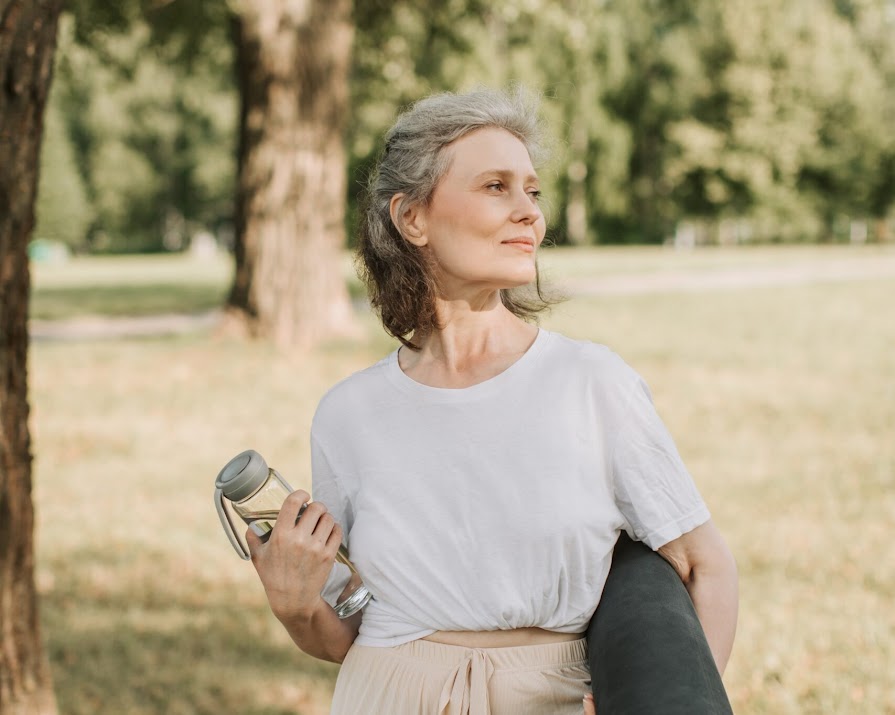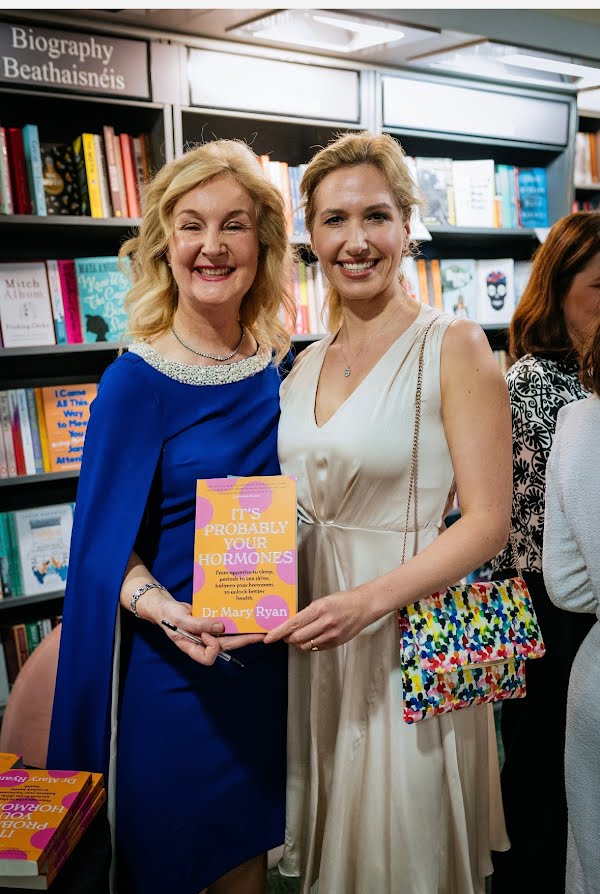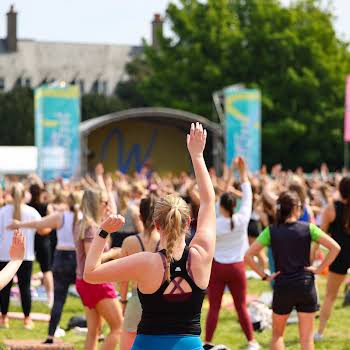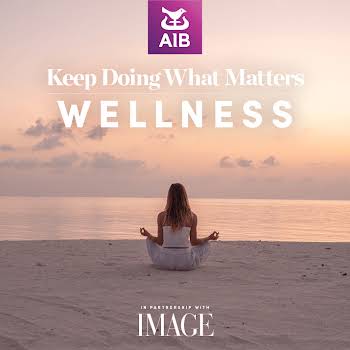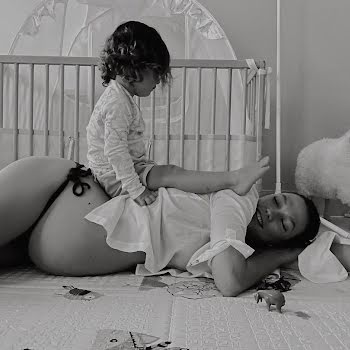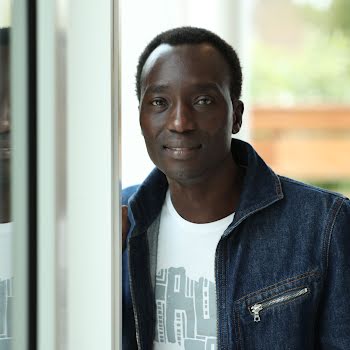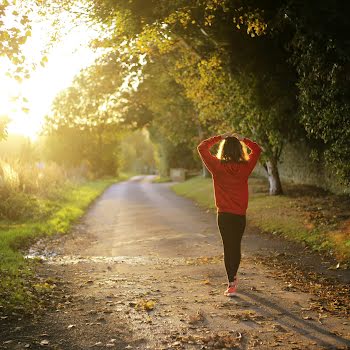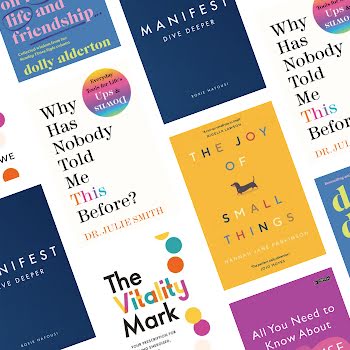
Sponsored
Everything you need to know about your hormone health, from expert Dr Mary Ryan
Sponsored By

By Shayna Sappington
10th Apr 2023
10th Apr 2023
Sponsored By

Hormone imbalance can happen during many life stages, whether you are post-partum, mid-cycle or menopausal. Here are the basics that every woman should know, says endocrinologist Dr Mary Ryan.
“I had a patient in her 70s, who said she was done doing the lion’s share of the work while her husband sat back. As a mother of seven and a diabetic, she was beyond exhausted. So I told her something has to change. It’s up to her to realize her self-worth and say ‘enough is enough’. And she did exactly that – after 50 years of marriage, she put her foot down. She found her voice, and it was wonderful to see.”
Dr Mary Ryan has been an endocrinologist for over 20 years, and she has a myriad of stories like this one, where she’s encouraged her patients to start putting their health first. Her expertise is in hormone health, having given various interviews and public lectures as well as organising conferences on this subject, and she has positioned herself as the go-to specialist when it comes to recognising and managing hormonal imbalances.
Here, she gives us an expert guide on how to approach our hormone health, from symptoms to watch out for to how hormones affect our overall well-being.
Why is women’s hormone health so important to you?
As an endocrinologist, I’ve heard many women’s stories over the years, and I’ve seen how often women suffer from hormone imbalance. Women’s health has been given very little attention and that’s something that needs to change. As a result of this, one of the best ways to really help women is to educate society on hormone health so that they understand how hormones affect our overall well-being.
Once you change the narrative, you give people permission to openly talk about it, and that’s what I aim to do with hormone health. I have a lot of patients who have never been told about menopause. No one had ever discussed symptoms with them like insomnia, flushing and sweating – society doesn’t talk about it enough. Therefore, I felt the need to get out and educate them.
It’s really important for people to not just understand hormones but to also see the link between self-esteem and hormone health.
As a society, people are asking ‘why are we only talking about it now?’, and the real reason is (1) in the past, women weren’t valued in our society and now, we’re changing that and (2) women often suffer from low self-esteem which, in turn, influences their hormones.
Women haven’t been treated as equals in our society – whether it’s in sport (males receive the majority of TV coverage), in work with the gender pay gap, or other things. This leads young girls to see themselves as treated unequally in society, and those girls then are working much harder to become visible in their later life and that affects their hormonal health. It’s important that our partners know and that society knows about hormone health. Thankfully, we’re just starting to see a positive change, as women are beginning to do more for themselves.
How much do hormones impact our overall well-being?
Hormones control everything; they’re little chemical messengers that control all your muscles, immune system, appetite, digestion, sleep, emotions and even fertility. It’s really important for people to not just understand hormones but to also see the link between self-esteem and hormone health.
Everything we’re doing is creating an impact and, as women, if we love ourselves, then we are going to eat healthily, exercise and listen to our symptoms instead of ignoring them. We’re going to see our doctors when we need to and look after our heart health and bone health, which are crucial in perimenopause and menopause.
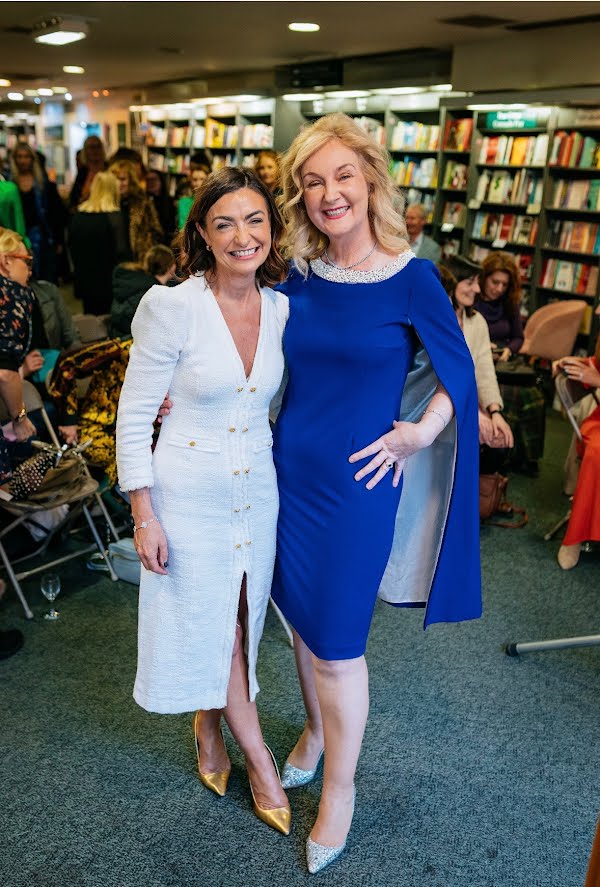
Our hormone health is directly linked with periods too, which aren’t discussed enough. So many women in my generation had abnormal periods and were simply told to go home and use a hot water bottle. That has happened over generations and that’s not the correct thing to do. Instead, identifying and dealing with problems when girls are pubescent is going to prevent future complications like fibroids, endometriosis, and infertility.
What symptoms might we see if our hormones are out of whack?
You don’t have to be menopausal to see symptoms of hormone imbalance. For example, during mid-cycle (aka ovulation), many of us are emotional and tired because the hormone control centre is going through a state of change. So, in addition to pain and cramps, we will also have low energy levels.
Another symptom of hormone imbalance is anxiety. The ACTH hormone in our pituitary gland controls our cortisol levels, and if that is off then we have low cortisol, which causes anxiety. In my experience, women are often told this symptom is in their heads but that’s not the case. Brain fog, lethargy and IBS (irritable bowel syndrome) can also occur in an imbalance. So there are a lot of symptoms that we need to be aware of as warning signs.
What simple steps can we take to improve our hormone health at any age?
First of all, education – learn what’s right and what’s wrong, what’s normal and what’s abnormal for your health. Medical advice is crucial. If you’re having trouble sleeping or are feeling constantly overtired, be sure to reduce your caffeine intake. When you’re worn down, your hormone control centre can’t replenish and it will cause a hormone imbalance.
I've heard countless stories of women who have suffered, and I realized there was a lack of knowledge.
Exercise in moderation is also important. I say ‘in moderation’ because many of my patients are exhausted. They don’t sit down and just keep going, which obviously is not a good thing. You’ve got to listen to your body and not push yourself too far.
What are the ages and stages to take extra care of our hormone health?
At puberty, it’s very important. This is a critical time because there’s a huge hormone flux between the ages of 12 and 19.
After having children; there’s a lot on between work, taxying the kids around and minding them. You really have to take extra steps to look after yourself. There’s extra pressure on parents, but don’t do it all yourself and don’t be afraid to ask for help.
During your period; if you are having heavy uterine bleeding, you need extra rest to recharge.
During perimenopause and menopause, which on average occurs between the ages of 40 to 55. You really have to pace yourself then because there is hormonal instability. I always recommend Cleanmarine MenoMin, which is formulated to give extra nutritional support during this time.
Is there anything else that you think women should know about their hormone health?
If you want to learn more, pick up a copy of my new book It’s Probably Your Hormones. It gives a general introduction to hormone health and suggests proper diets, exercise, and sleep routines. There’s also information on common female health issues like polycystic ovary syndrome (PCOS), and post-partum imbalances.
I’ve heard countless stories of women who have suffered, and I realized there was a lack of knowledge. They need to know when to seek help but equally, the beneficial lifestyle changes they can make themselves. I also think it’s very important that we educate men too, especially on fertility issues because that could provide a very real alternative to women having to put hormones in their bodies for a long duration of time.
It’s time we focus on changing the narrative, encouraging society to prioritise our health issues as women. We’re extending the conversation and enabling people to speak openly about their health experiences.

The IMAGE Wellness Project is powered by Meagher’s Pharmacy in association with Gym+Coffee, Aveeno and Cleanmarine MenoMin.











